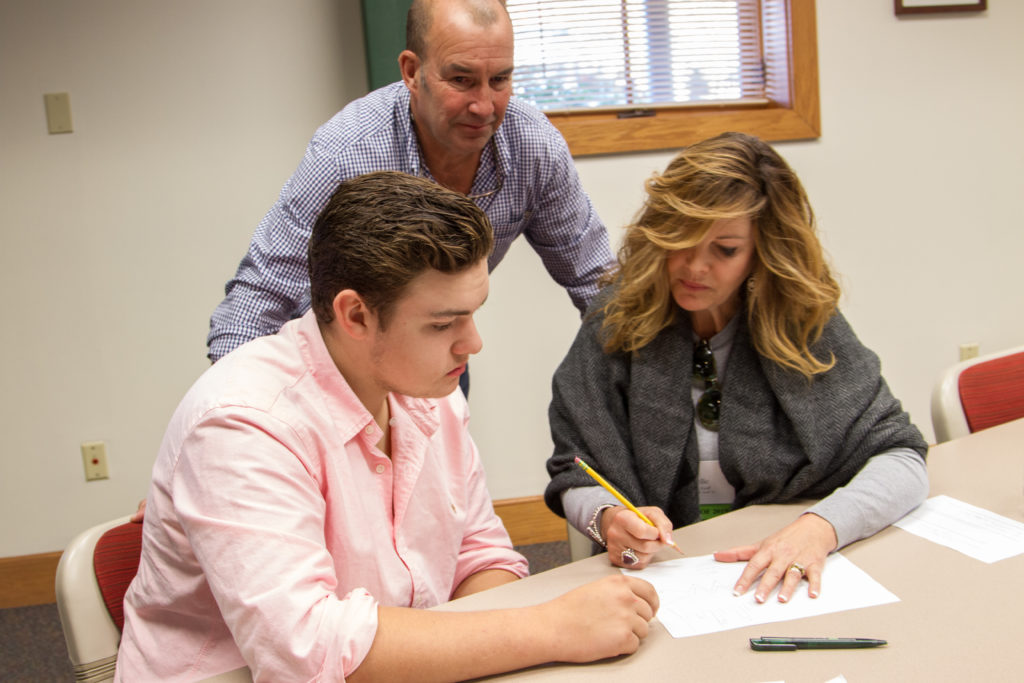December marks the start of many college conversations. As it’s increasingly common to submit early applications, students begin to hear back from schools, about early action and early decision beginning in December. This exciting month then leads us into the holidays filled with gatherings of grandparents, relatives, and curious friends.
Each year, in early December, we begin to see new activity in the college office. Enthusiastic students burst in to share news of an early acceptance. We also have visits from quiet, confused and disappointed students who were not accepted early decision. And, we’ve learned that more often than not, we hear the good news and not the bad news.
It is incredibly important to provide appropriate support for students through this emotional process, and help them to manage expectations and outcomes.

In order to better support our seniors, I’ve created a short list of suggestions, about how to talk about college. Especially as students head home for the holidays, they are sometimes challenged by conversations with family members, friends and relatives. My biggest piece of advice, for those eager to have the college conversations, is to ask about the process, not the outcomes.
How to have College Conversations:
- Find a one on one setting. It’s important for students to feel comfortable, and not to be put on the spot. Find a quiet one on one space to ask about how the college process is going.
- Ask only if you already have a relationship with the student. Before diving into questions and conversation about college, which is often a sensitive topic, make sure you have a relationship that positions you to discuss the college process.
- Drop the judgement. We all have ideas and affinities when it comes to colleges and universities. You might not know the full story, or the specifics about what a student is looking for. Or, you might know exactly their first choice, but the college process is competitive, and students don’t always get their first choice. Help manage expectations without judgement and speak from a place of support.
- Speak about options, rather than order of preference. Instead of starting with “What’s your first choice?” try asking “Which colleges are you interested in?” In addition to different offerings at each school, acceptance packages can also vary. Asking about options, helps students to consider the pros and cons of each possibility, versus fixating on one.

In the end, don’t shy away from the college conversation. Each year, I remind our faculty and parents about the necessity and nuance of college conversations. These conversations are important, and demonstrate support and care for each student. However, keep in mind the emotional process, and the pressures that students experience. Helping them to manage and set reasonable expectations sets them up for success as they finish out their senior or postgraduate year, and prepare for the college transition.
Contributed by Jen Berry, Director of College Counseling.




